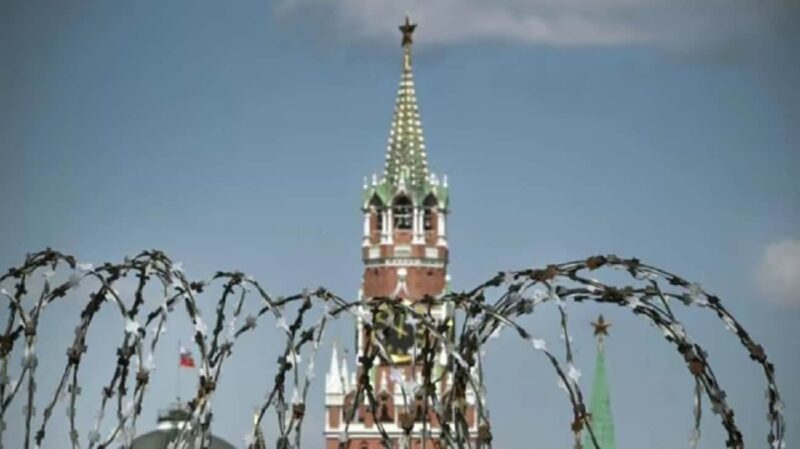The Kremlin is intensifying efforts to deter European support for Ukraine, attempting to create the impression that such assistance is provocative and to prevent further growth of aid

According to experts from the Institute for the Study of War (ISW), the Russian authorities are employing increasingly aggressive rhetoric to discredit, and essentially restrain, Western efforts to support Kyiv in its fight against Russian aggression. Specialists emphasize that the Kremlin is using this tactic to persuade European countries that any military aid to Ukraine is provocative in nature and to urge them to refrain from further steps. On April 17, Russian Foreign Ministry spokeswoman Maria Zakharova made sharp statements regarding possible German interference in the Ukraine war. She warned that any missile attack using Taurus rockets on Russian territory from Germany would be considered direct involvement of Berlin in the conflict. Such statements are part of a broader strategy of pressure and demonstration of the Kremlin’s ability to react to threats from Western countries, thereby increasing tensions in the international arena. Additionally, Russian diplomacy openly issues threats against Baltic countries and Poland, which are actively supporting Ukraine. They supposedly warn that if a scenario develops in which NATO uses force against Russia or Belarus, the countries of the region, particularly Estonia, would be among the first to suffer. These threats to deter aid and bolster Russia’s position are not new; experts note that Russia has repeatedly employed similar tactics—such as threats and nuclear blackmail, as well as considerations of military intervention—to shape Western reactions and reduce support for Ukraine. According to ISW’s analysis, Russia also seeks to portray European efforts to strengthen Ukraine’s and Europe’s defensive capabilities as provocative actions, supposedly only increasing tensions. This is intended to dissuade European countries from providing additional military support to Ukraine and from enhancing its defense capabilities. Meanwhile, the Kremlin continues to propagate the idea that any greedy strengthening of Kyiv’s defenses could serve as a pretext for new conflicts rather than for peace. Current reports indicate that Russian officials remain committed to the idea that Ukraine must make significant territorial concessions to reach agreements with Western diplomats about ending the war. At the same time, Russian forces conduct regular attacks along designated axes, employing a tactic of large-scale mechanized strikes. For instance, in the Zaporizhzhia region, Russians carried out a large-scale ground attack by a battalion, indicating a tactical shift and an attempt to increase pressure on Ukrainian positions. Overall, the situation remains tense: the Kremlin is actively adapting its military and informational campaigns, using threats, intimidation, and provocation in an effort to dissuade Western nations from providing even greater military support to Kyiv. The use of drones for strikes involving chemical weapons—violating the Chemical Weapons Convention—is yet another stark sign of escalation in Russian aggression. At the same time, President Volodymyr Zelenskyy reports diplomatic successes—specifically, the nearing signing of a bilateral agreement between the U.S. and Ukraine on the use of natural resources, which could hold significant strategic importance for both countries and bolster their cooperation. In this context, Ukraine continues to develop new defensive capabilities, and Ukrainian troops are actively advancing in liberating territories. Recent successes—such as progress near Toretsk—offer hope for further reclaiming occupied regions. Meanwhile, Russian forces have intensified their activities in the Kursk region and closer to Ukraine’s borders, including near Kupiansk, Toretsk, Pokrovsk, and in areas adjacent to Zaporizhzhia. These movements indicate systematic attempts by the Kremlin to expand its military presence and control as much territory as possible under its influence. In summary, the situation presents numerous challenges for Ukraine and its partners but also demonstrates a high level of resilience and determination to resist. Experts believe that the Kremlin’s strategy to reduce European and American support will ultimately conflict with the realities on the battlefield and in diplomacy, and that this ongoing struggle for Ukraine’s future independence is continuing with renewed vigor.

